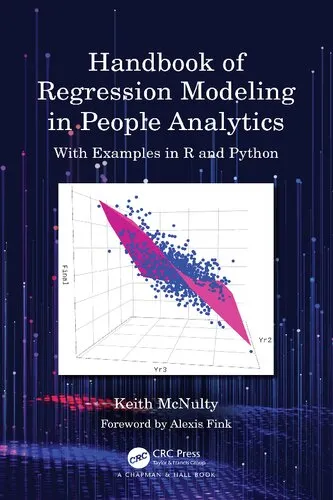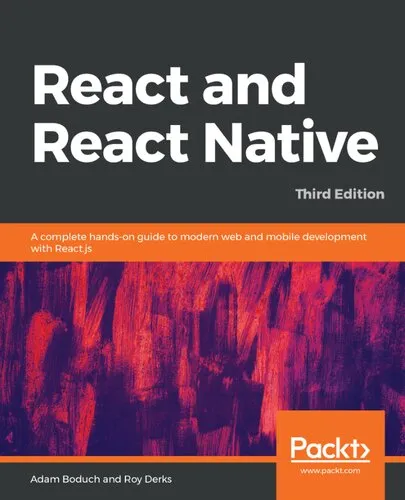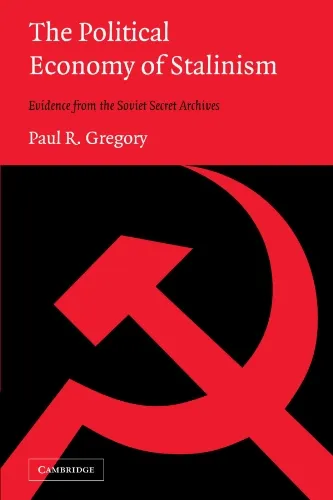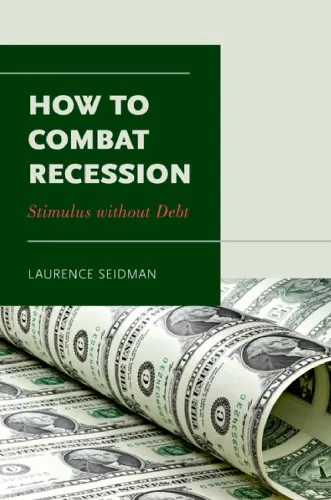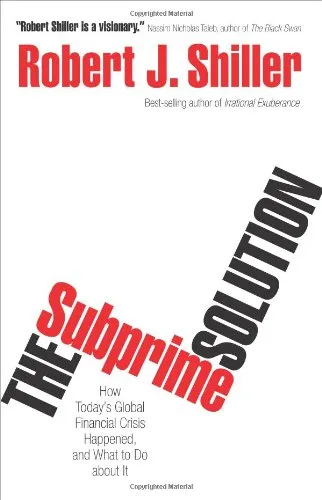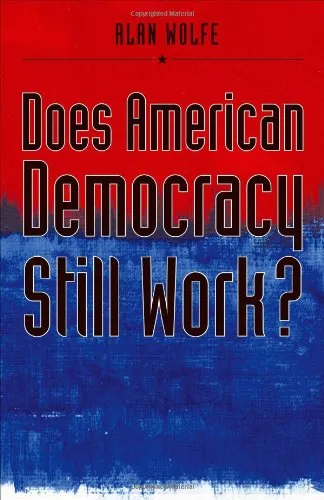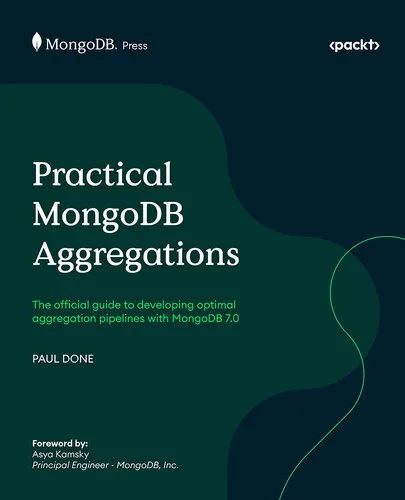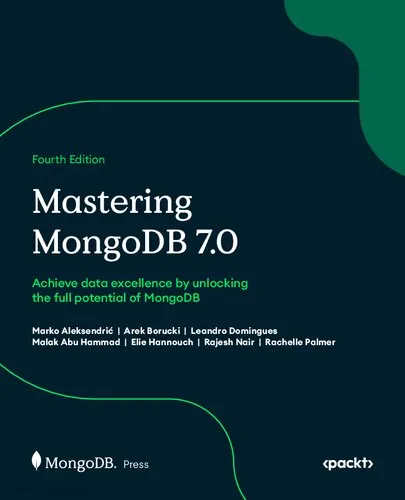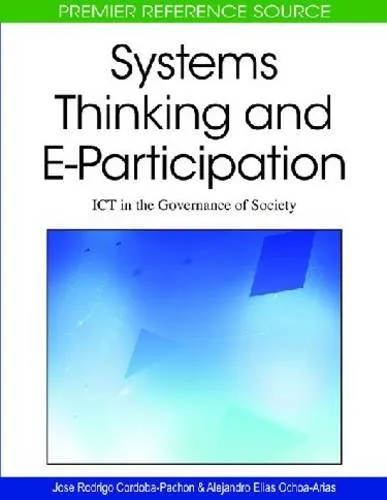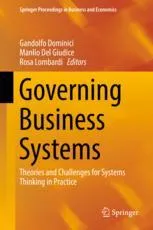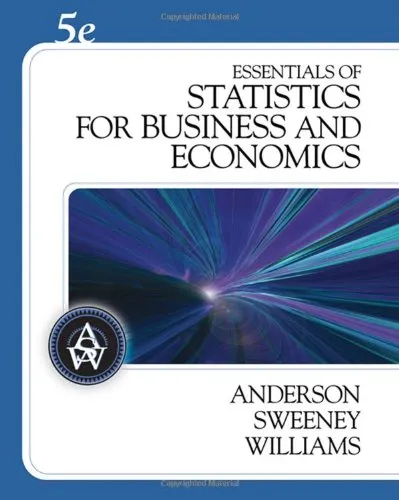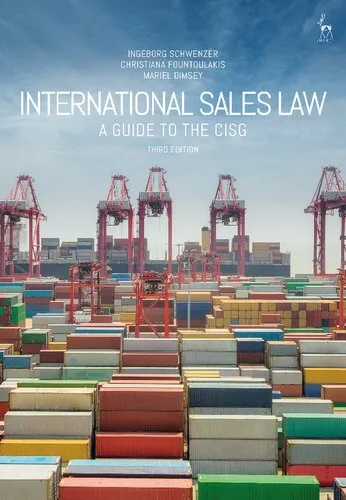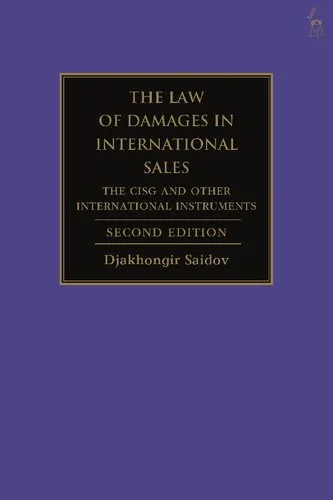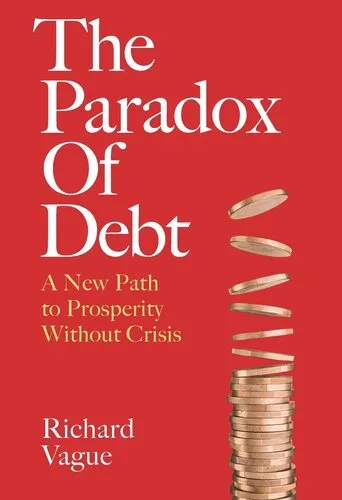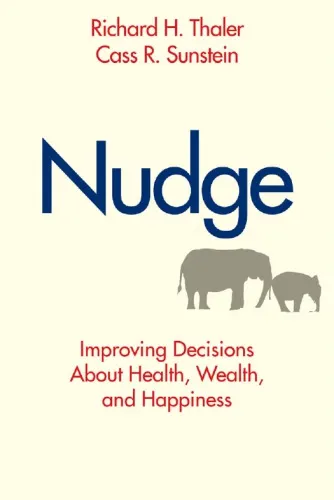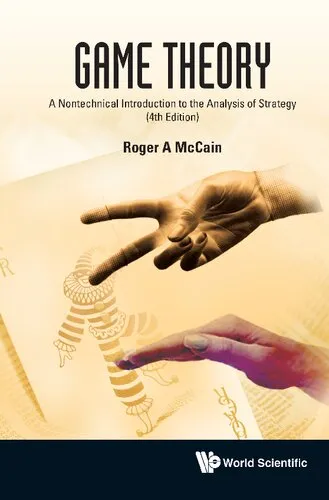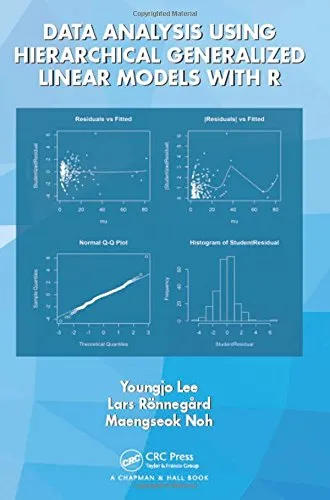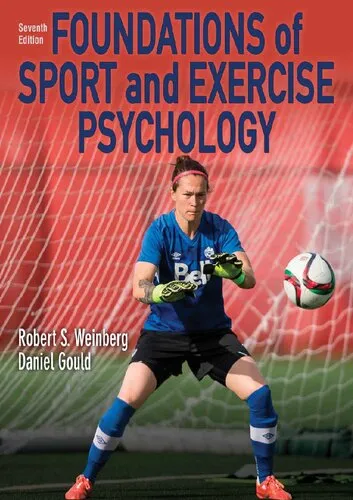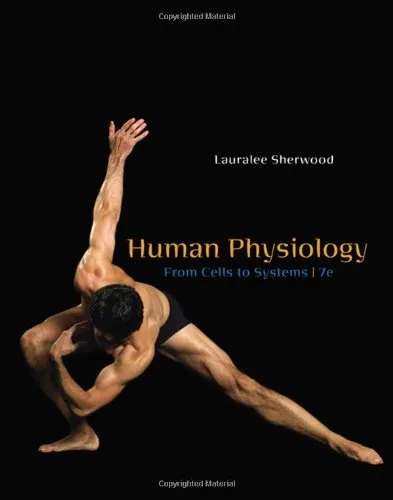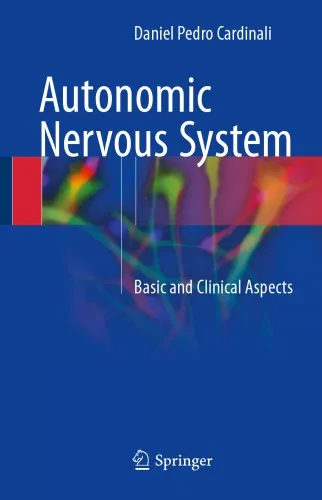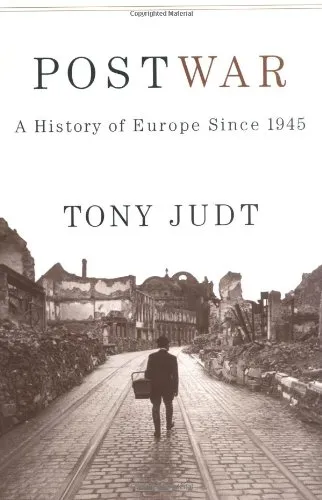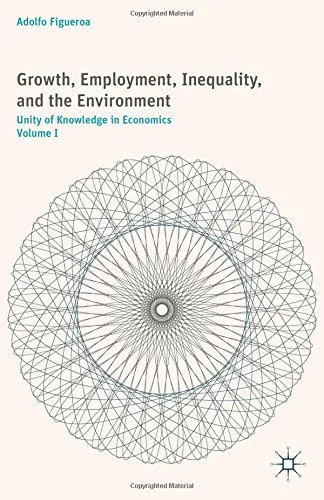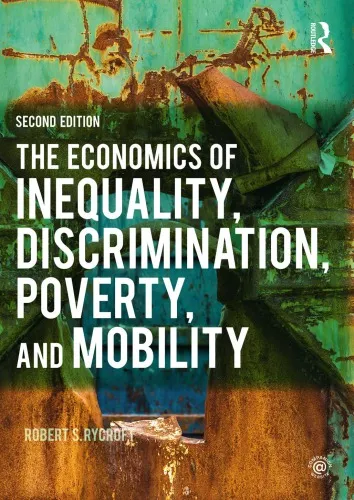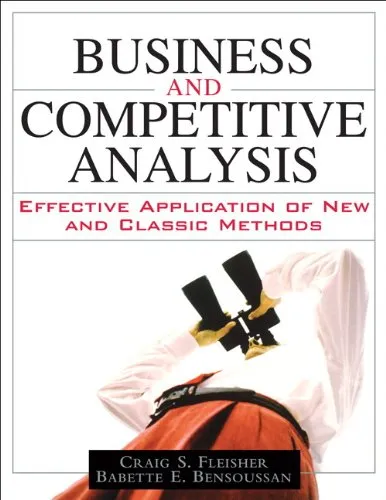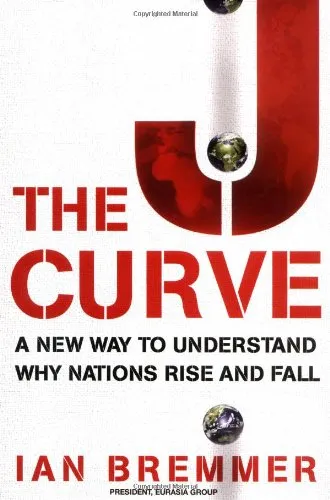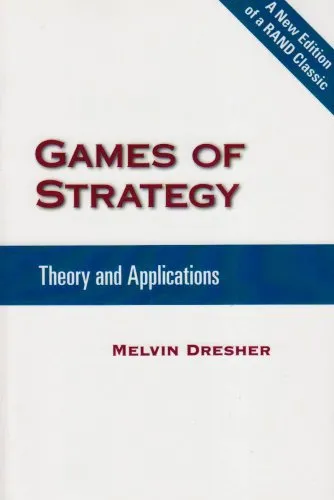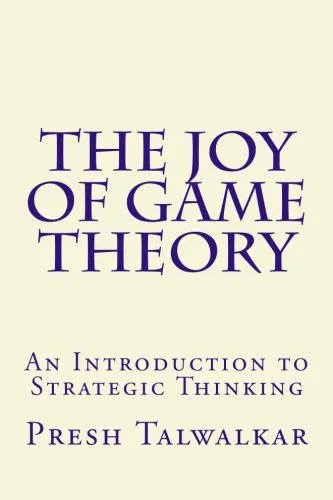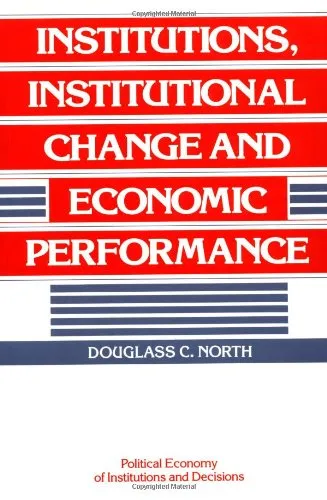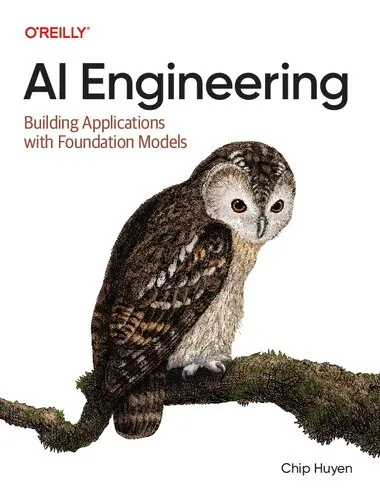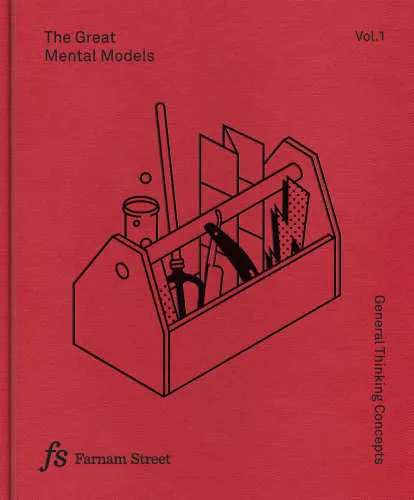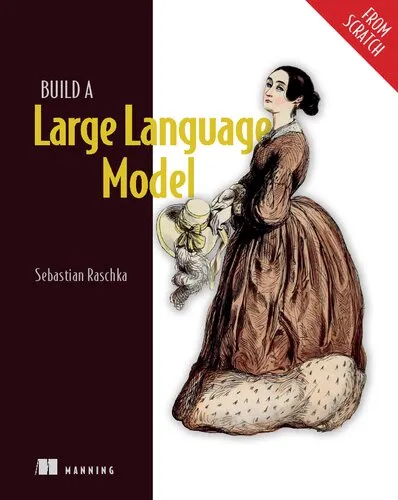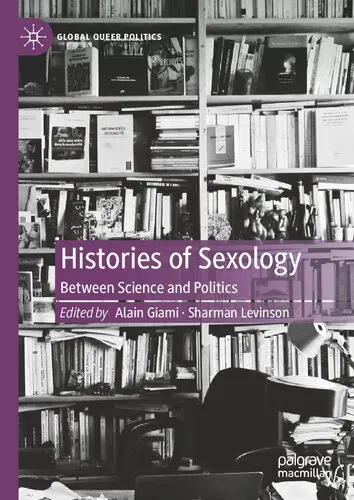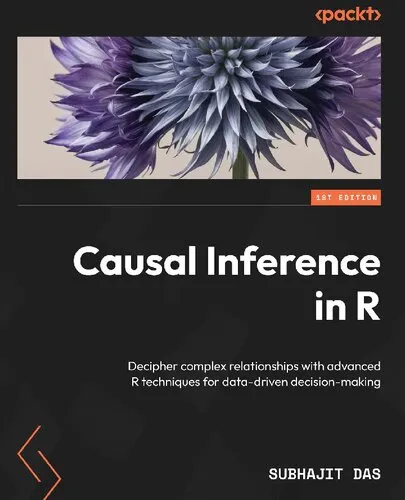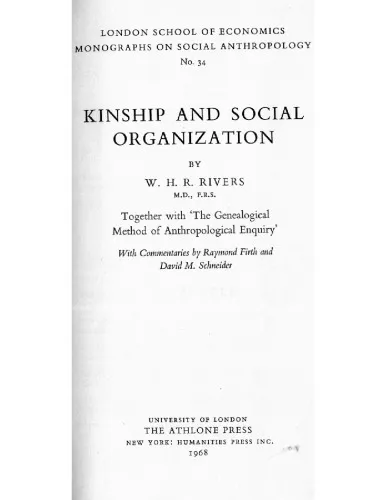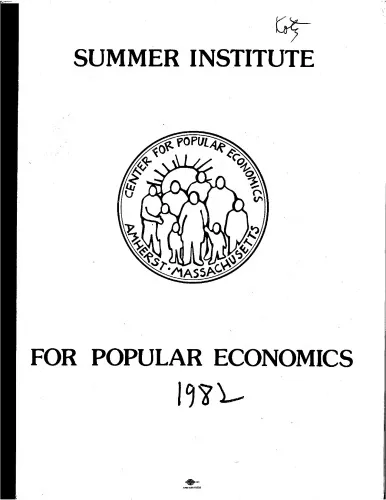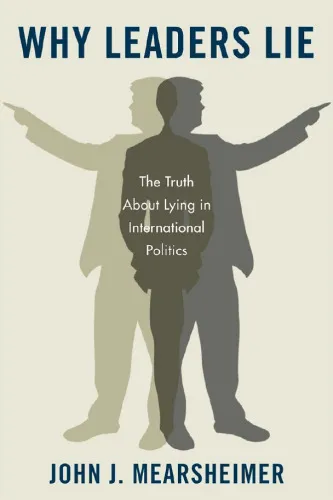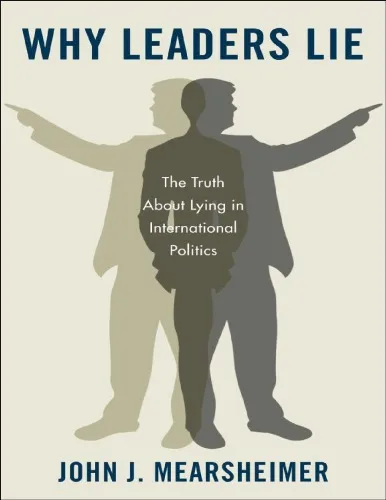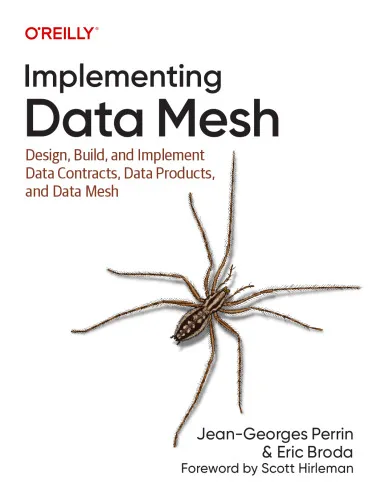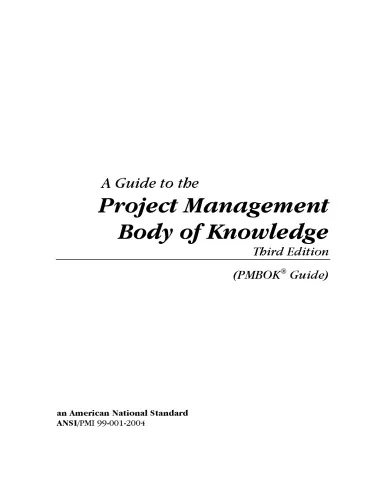Public Choice
4.6
Reviews from our users

You Can Ask your questions from this book's AI after Login
Each download or ask from book AI costs 2 points. To earn more free points, please visit the Points Guide Page and complete some valuable actions.Related Refrences:
Analytical Summary
Public Choicepp.239—242 represents a focused excerpt from a broader discourse on the intersection between economics and political science, exploring how collective decisions in public policy are shaped by individual incentives, institutional structures, and the dynamics of group choice. This segment distills some of the most nuanced arguments within the public choice framework, providing both theoretical insights and practical implications for governance.
In this section, readers encounter a rigorous exploration of the mechanisms through which political actors — whether elected officials, bureaucrats, or interest groups — pursue objectives often shaped by self-interest and complex interdependencies. The analysis highlights the tension between public welfare and individual rationality, a core theme in political economy studies.
Information about the exact publication year of this book excerpt remains unavailable due to the absence of reliable public sources. Nonetheless, its intellectual contribution is timeless, embedding itself firmly within the canon of public choice scholarship.
By situating the text within debates about collective decision-making, readers will be able to appreciate how theory is bridged with reality, particularly in contexts where policy outcomes can diverge sharply from the ostensible goals of democratic governance.
Key Takeaways
This excerpt delivers several key insights that both seasoned scholars and new readers of public choice theory will find essential.
First, the analysis demonstrates that policy decisions often reflect the aggregated interests and bargaining power of competing stakeholders rather than purely altruistic considerations.
Second, the section underscores the importance of institutional design in mitigating or amplifying inefficiencies in collective action.
Third, Public Choicepp.239—242 reveals the subtle but powerful role of information asymmetry, showing how gaps in data and expertise can tilt outcomes in favor of more organized or strategically positioned actors.
Finally, the text provides concrete examples of how incentive structures shape legislative and administrative behaviors, making this segment valuable for students, academics, and policy practitioners alike.
Memorable Quotes
"Institutions serve not only as arenas for policy formation but as mechanisms that shape the range of possible choices." Unknown
"The collective outcomes we observe often conceal the individual motives that drive them." Unknown
"Public choice analysis is ultimately about understanding the human element within the machinery of governance." Unknown
Why This Book Matters
Public Choicepp.239—242 holds particular importance for those seeking a deep understanding of the structural and behavioral complexities of political economy.
Its ability to connect micro-level decision-making with macro-level institutional outcomes makes it a crucial resource for academics, policy analysts, and business leaders who interact with public institutions.
By engaging with its arguments, readers are better positioned to critically assess current policy debates, recognize patterns of strategic behavior, and design interventions that can lead to more equitable and efficient outcomes.
Inspiring Conclusion
The enduring relevance of Public Choicepp.239—242 lies in its capacity to challenge assumptions, reveal underlying motivations, and equip readers with an analytical lens that transcends disciplinary boundaries.
Whether you are embarking on scholarly research, engaging in policy advocacy, or simply seeking a richer understanding of how public decisions are made, this work invites thoughtful consideration and dynamic discussion. Sharing its insights, debating its interpretations, and applying its principles are all practical next steps that will enhance both academic and practical engagement with the public choice tradition.
Now is the time to read, reflect, and circulate the lessons contained in Public Choicepp.239—242 — a succinct yet profound contribution to our collective understanding of political economy and governance.
Free Direct Download
You Can Download this book after Login
Accessing books through legal platforms and public libraries not only supports the rights of authors and publishers but also contributes to the sustainability of reading culture. Before downloading, please take a moment to consider these options.
Find this book on other platforms:
WorldCat helps you find books in libraries worldwide.
See ratings, reviews, and discussions on Goodreads.
Find and buy rare or used books on AbeBooks.
1274
بازدید4.6
امتیاز0
نظر98%
رضایتReviews:
4.6
Based on 0 users review
Questions & Answers
Ask questions about this book or help others by answering
No questions yet. Be the first to ask!

